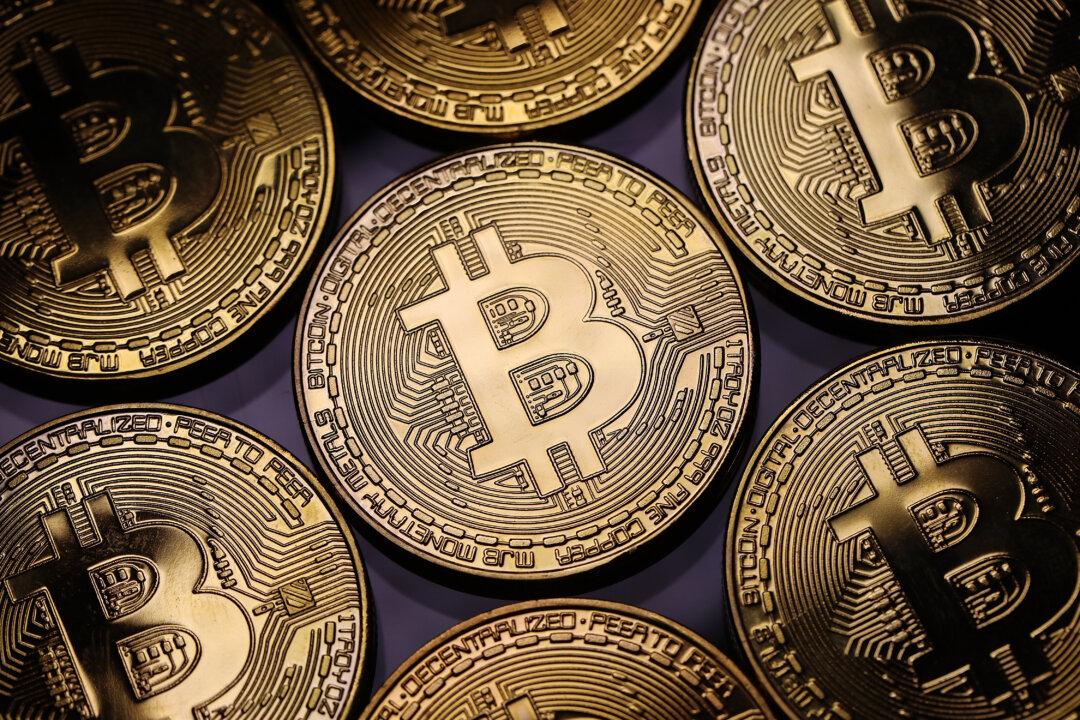Commentary
When bitcoin first hit $1,000, I figured that all the arguments about its authenticity as a scarce and valuable good would be over. I was wrong of course, but I learned the following. You either get it or you do not. Plus, people are incredibly attached to their own theories of how the world should work. If you think bitcoin is a scam, you will always believe that, even if it hits $1 million.





